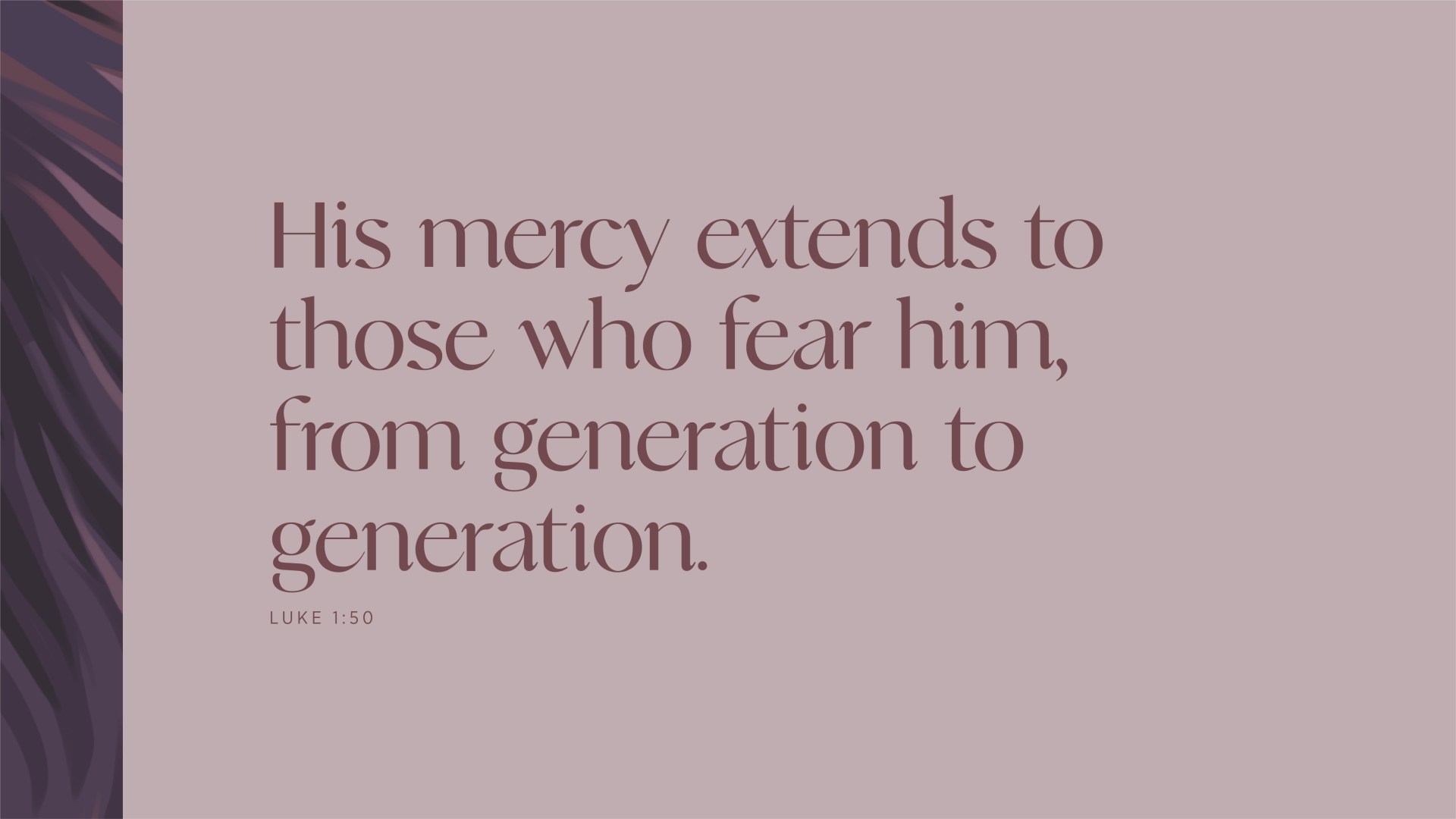Read Luke 1:39–56.
Mary’s first recorded activity during her pregnancy was to visit her cousin Elizabeth. Both women were recipients of a miraculous pregnancy, and Luke links their stories so that we read them as a single narrative unit. This reminds us that the personal experiences of these two families are embedded in the same larger story of redemption.
Some see echoes of 2 Samuel 6 in Mary’s visit to Elizabeth. There we read of the ark of the covenant residing in the hill country of Judea for three months; of David asking, “How can the ark of the Lord ever come to me?” (v. 9); and then David eventually leaping and dancing in its presence (see also Luke 1:39, 41, 43, 56). These similarities led many church fathers to view the ark of the covenant (which represented the presence of God) as in some ways prefiguring Mary (who carried the Son of God within her own womb). The presence of the Lord that once overshadowed the ark in the tabernacle (Ex. 40:35) had now come to rest upon a lowly virgin (Luke 1:35). Mary is honored throughout church history because the Incarnation began within her.
Mary received this blessing by returning blessing to God. Her song of praise expresses gratitude for God’s favor (vv. 47–49), but immediately broadens in scope to describe God’s mercy toward all who fear him (v. 50). She recapitulates many scriptural themes, illustrating that God’s acts toward her are in continuity with the grand biblical narrative. God has not only done great things for one woman, but he has made good on his promise to rescue his people from oppression.
Mary’s song was also prophetic. In declaring God’s mighty acts, she exclusively used the past tense: He has shown strength, he has scattered the proud, he has exalted the humble. The arrival of Jesus guarantees God’s victory. Even though we don’t yet see it in fullness, God has already secured our salvation and the renewal of our world.
Though Mary’s role is unique, she is a model for all Christians. We can emulate her worshipful, hopeful response to God’s promises, even when they seem invisible. We can also remember her as an embodiment of the very promise she proclaims: the lowly will be exalted (vv. 48, 52). God chose her, a poor and unimportant girl, to carry the blessing and the presence of the Messiah. This privilege begins with Mary but belongs to all who fear God, to all who hunger and thirst for righteousness.
Hannah King is a priest and writer in the Anglican Church in North America. She serves as associate pastor at Village Church in Greenville, South Carolina.










